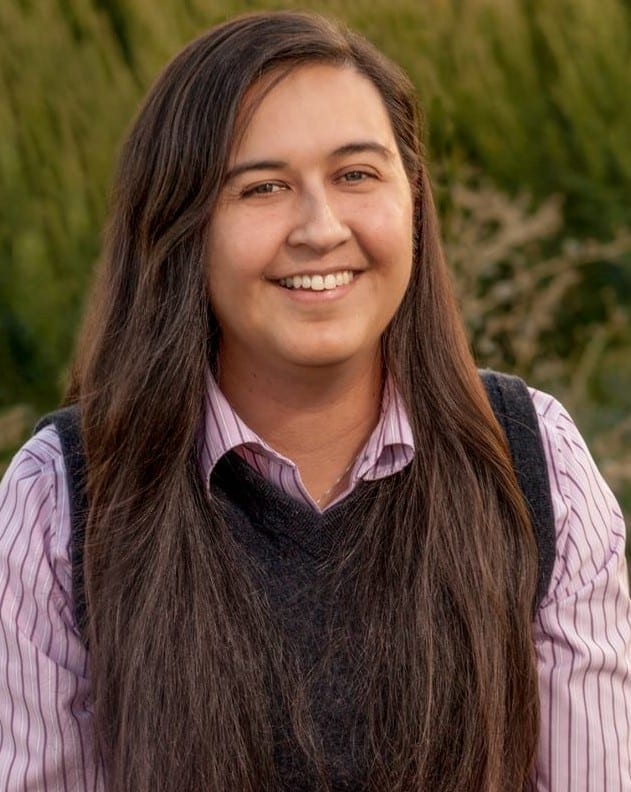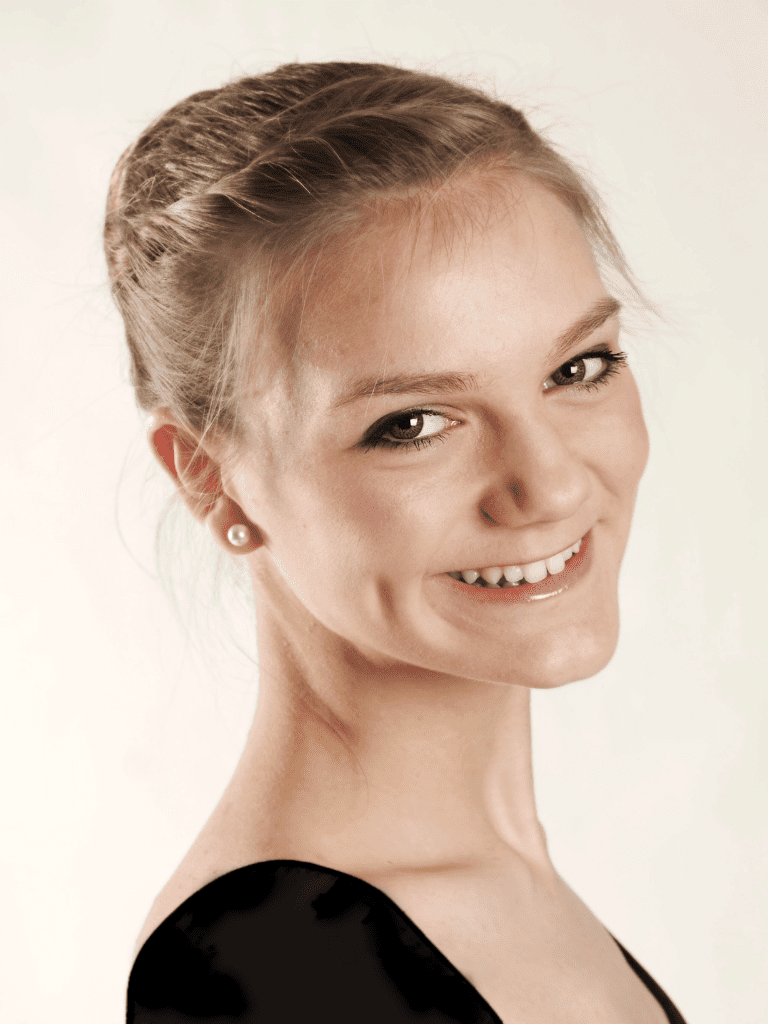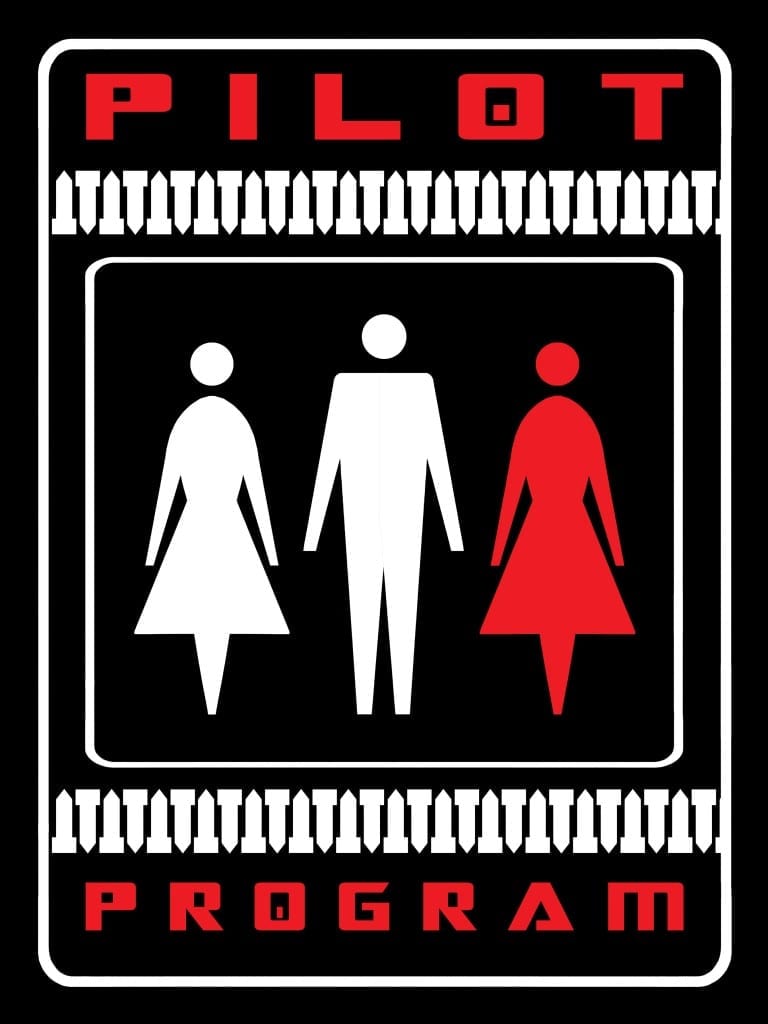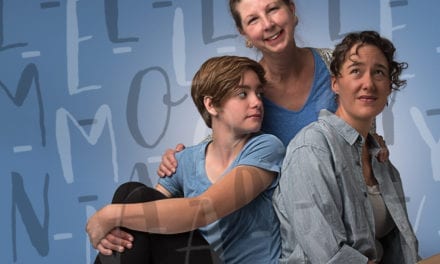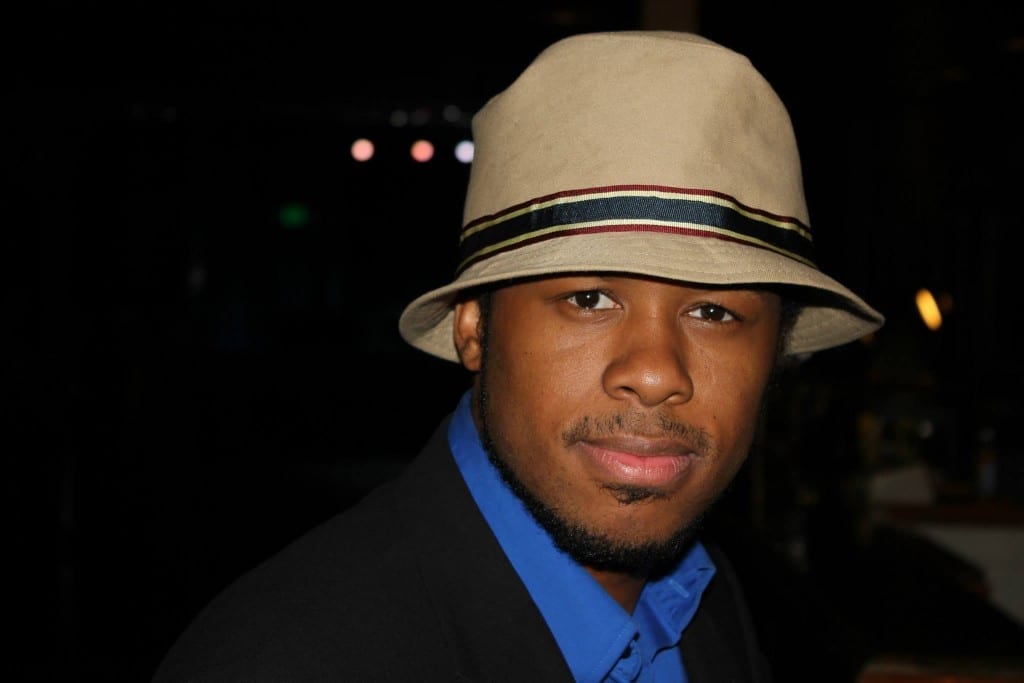 SALT LAKE CITY — Melissa Leilani Larson is a playwright and screenwriter based in Utah whose work includes a lauded stage adaptation of Pride and Prejudice at BYU in 2014 and the current film Freetown, which opens nationwide April 8th. Larson’s latest play and debut with Plan-B Theatre Company, Pilot Program, is set in 2019 and asks what would happen if polygamy was re-established as a practice in the LDS faith. Larson’s work crosses lines between the cultural boundaries of “Mormon Art” and “Popular Art,” showing us the two are not mutually exclusive.
SALT LAKE CITY — Melissa Leilani Larson is a playwright and screenwriter based in Utah whose work includes a lauded stage adaptation of Pride and Prejudice at BYU in 2014 and the current film Freetown, which opens nationwide April 8th. Larson’s latest play and debut with Plan-B Theatre Company, Pilot Program, is set in 2019 and asks what would happen if polygamy was re-established as a practice in the LDS faith. Larson’s work crosses lines between the cultural boundaries of “Mormon Art” and “Popular Art,” showing us the two are not mutually exclusive.
In preparing for this interview, I read several media pieces about you including other interviews. You’ve been described as a LDS, female, and Hawaiian playwright (though never all three). How would you describe yourself as a playwright?
LARSON: I consider myself a playwright. I don’t mind when people recognize that I’m LDS or a woman or both as long as it doesn’t stop them from looking seriously at the work. I want to tell all kinds of stories, and they don’t necessarily fall neatly into compartments.
I’m not Hawaiian. My mother is from the Philippines and my father has Swedish/English heritage. I was born in Hawaii and grew up there until I was twelve. I love Hawaiian history and culture, and I want to write about it someday.
Is there additional pressure associated with being labeled an LDS or female artist?
LARSON: I don’t know that there’s pressure. I do think there are habits and expectations that we need to break. When I was a student, I was a snob and looked down on LDS fiction and drama. Even when it was good—and there is exceptional Mormon literature out there—I didn’t take it seriously because Mormon equalled Utah, and I wanted to do something bigger. I’ve learned since that being LDS and writing about it allows for some really rich material and great specificity. That specificity makes characters very real and unique, but without alienating a national audience. In fact, specificity helps make a story appealing and universal.
I read in your Plan-B blog that the idea for Pilot Program came out of the idea of what it would take for you to leave the LDS church. The restoration of polygamy would be your deal breaker. Why?
LARSON: Polygamy is a touchy subject. Just bringing it up makes people uncomfortable. Marriage is something that is really important in LDS doctrine, and while I’ve been raised in the Church, it just didn’t happen for me. Which is fine. I’m single, I’m okay with that. When polygamy was in practice in the early Church, one of the reasonings behind it was to provide for single women and widows. Our society is different today, of course, and I’m independent and self-sufficient. If polygamy were restored and I were expected to marry for for pragmatic reasons, well… I would draw a line.
Has being LDS influenced your writing? How?
LARSON: It’s part of who I am. It helps me to stay grounded and keeps me honest.

L-R: Mark Fossen, April Fossen, Susanna Florence Risser
What is the writing process like for you?
LARSON: I spend a lot of time with the characters. I get to know them. In this case, there are ideas and traits and thoughts that we share in common. I often start with a situation and think about how I would react. I don’t necessarily write myself into the scene, but it helps me to get a grip on how things will work within the world I’m building.
I usually write a first draft very quickly and then spend weeks and even months revising. I’ll get together actor friends and do a reading. Hearing a play aloud is important as you work because it’s the way the audience will eventually access it. I listen to how the actors read and digest what’s on the page, and I go back and revise some more. For a number of my plays, I’ve written scenes out of order. I jump around in time writing moments that I string together later. Pilot Program is one of the few that started at the beginning and simply went forward without jumps until it was finished.
In the theatre, we tell stories that, hopefully, make people remember and consider their humanity. Theatre can grant perspective, helping us step outside of ourselves and take a good long look at who we are.
You are a member of Plan-B’s playwright’s lab and Pilot Program will be your debut with the company. What is your relationship with Plan-B like and how is it beneficial to your work?
LARSON: The Lab is great. We have such a variety of writers and voices there. So much great stuff! There is a lot of trust in the Lab. Everyone is very supportive and constructive. Everyone wants you to succeed and make your play work. The feedback I’ve received for my plays in the Lab has been hugely helpful. And, as I mentioned before, it’s a necessary part of the process to put the script in the hands of actors and hear it aloud. That’s when it starts to actually be a play.
You’ve adapted two Jane Austen books (Persuasion and Pride and Prejudice) and two stories involving historical women (Martyrs’ Crossing and Lady in Waiting) for the stage. Is there another story featuring (as Netflix would say) “a strong female lead” you would like to adapt?
LARSON: I’m presently adapting Louisa May Alcott’s Little Women and Elizabeth Gaskell’s North and South. I would love to do another Austen; I think she and I get along very well.
If you could play one of your own characters, who would it be and why?
LARSON: I’ve played them all, in the safety of my office at three in the morning. But if I were to pick one, I might pick Jen who is the snarky but doggedly protective best friend in Standing Still Standing. Jen can be cold and mean, and she’s very determined. She’s also incredibly loyal. The kind of person you want to have your back. And she dresses much better than I do.
What other playwright do you most admire and why?
LARSON: I love Sarah Ruhl. Her language is lovely and her use of theatricality constantly surprises me.
You are also a director and were previously a contributor to UTBA. Based on your experiences within it, what do you think Utah theatre needs most?
LARSON: I’ve self-produced a lot of plays in Utah Valley. It’s hard to get people to come out and see a new play. Really hard. Audiences and theatre makers need to trust each other and take a leap. We need to challenge ourselves and do something different. Something new. We have so many great writers here, and yet it feels like we’re recycling plays. Yes, new work is happening, especially thanks to companies like Plan-B. But there’s always room for more. I’m looking at you, Provo.
If you could capture the essence of Pilot Program with a tagline (or line from the show), what would it be and why?
LARSON: The tagline goes like this: “What if you were called to serve in the restoration of polygamy?” You could blog about it. Pilot Program is an intimate look at first love, second wives, and last chances.
I don’t know if I can sum up the play in a line. But here is a short exchange:
HEATHER: He’s your husband.
ABIGAIL: I’m not giving him to you.
HEATHER: Then what are you doing?
ABIGAIL: Sharing. Him.

